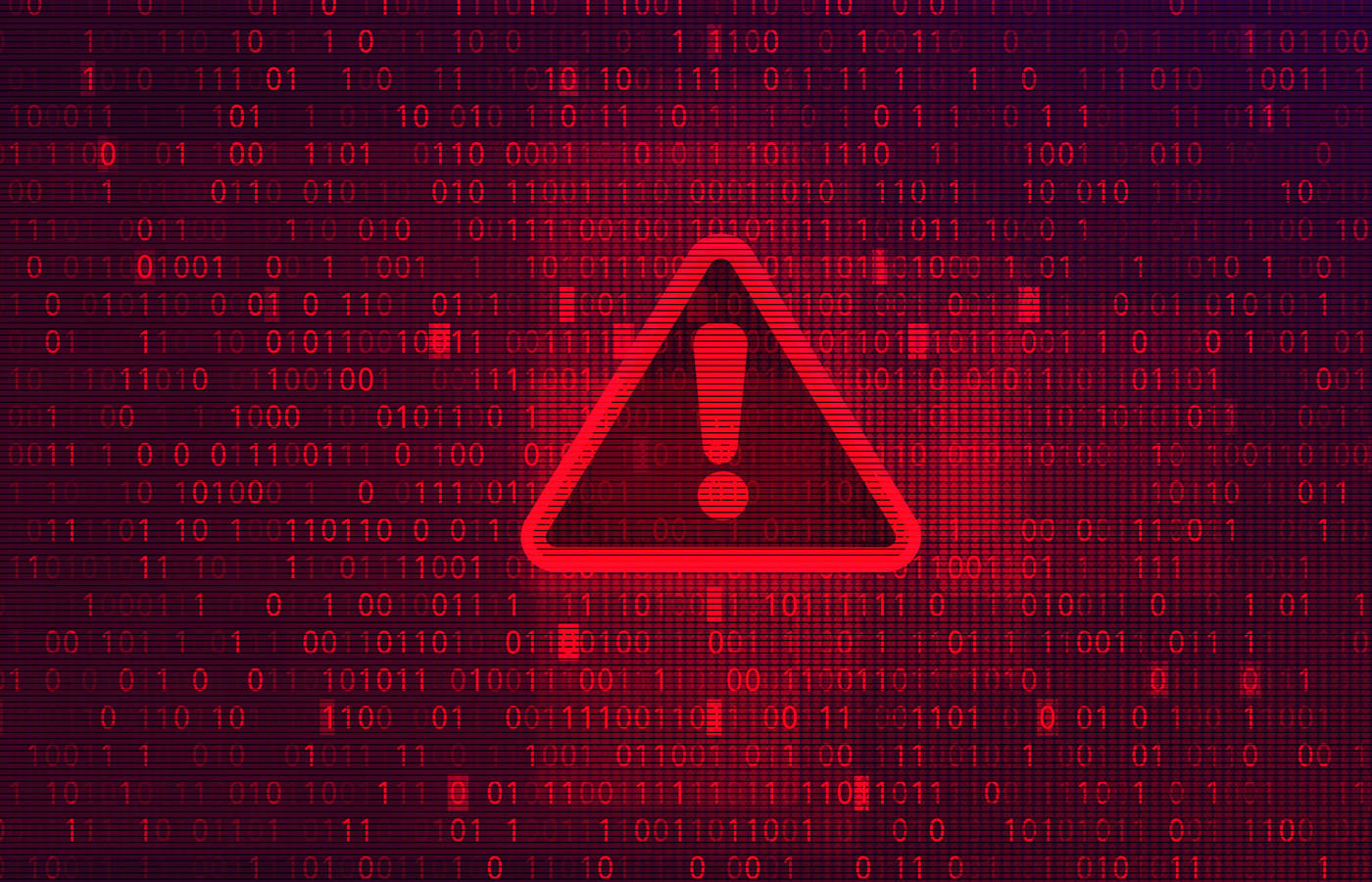The healthcare industry has emerged as a prominent target for cybercriminal activities in the past few years. Ransomware attacks, where hackers encrypt critical data and demand payment for decryption, have skyrocketed.
In 2023 alone, the healthcare industry witnessed a staggering 130% increase in ransomware attacks. These attacks not only compromise sensitive patient data but also disrupt essential hospital services, putting lives at risk. Rural hospitals face a unique challenge altogether — a lack of resources to invest in robust cybersecurity solutions, leaving their systems and patient data exposed.
Recognizing this critical need, the White House has joined forces with tech giants Microsoft and Google to offer a lifeline to rural hospitals. This new initiative aims to bolster cybersecurity defenses in these facilities by providing them with access to discounted (up to 75%) and even free cybersecurity solutions.
The Problem: Rising Cyberattacks in Healthcare
The statistics paint a grim picture. According to The HIPAA Journal, cyberattacks targeting the healthcare industry have grown exponentially in recent years. There has been a 239% rise in hacking-related data breaches and a 278% surge in ransomware attacks between January 1, 2018, and September 30, 2023.
In 2021, 45.9 million records were breached, marking a bad year for data security. 2022 was even worse, with 51.9 million records compromised. 2023 broke all previous highs — a combined 133 million records exposed, stolen, or disclosed without authorization. This total includes 26 breaches involving over 1 million records each and four breaches exceeding 8 million records. The largest breach of 2023 affected 11.27 million individuals (out of 133 million), making it the second-largest healthcare data breach ever recorded.
These attacks have a devastating impact on hospitals. When hackers gain access to hospital systems, they can steal sensitive patient information such as medical records, Social Security numbers, and financial data. These breaches not only compromise patient privacy but also put them at risk of identity theft and financial harm.
Beyond data breaches, cyberattacks can also disrupt critical hospital services. Hackers can lock down access to electronic health records (EHRs), making it impossible for healthcare providers to access vital patient information required for diagnosis and treatment. In some cases, cyberattacks have even forced hospitals to cancel surgeries and divert patients to other facilities, causing significant delays and jeopardizing patient care.
The situation is particularly concerning for rural hospitals. Unlike their larger counterparts, rural hospitals often operate with limited budgets and smaller IT teams. This makes them more susceptible to cyberattacks as they may lack the resources to invest in advanced cybersecurity solutions and hire dedicated cybersecurity professionals. Additionally, outdated hardware and software infrastructure in some rural hospitals can create additional vulnerabilities that cybercriminals can exploit.
The Solution: White House Initiative with Tech Giants
The White House has partnered with Microsoft and Google to launch a new initiative to provide rural hospitals with the tools and resources they need to defend against cyberattacks and protect patient data.
Microsoft’s Commitment
To ease the financial burden, Microsoft will extend its nonprofit pricing program to critical access hospitals and rural emergency hospitals. This program offers significant discounts (up to 75%) on security products specifically designed for smaller organizations. Additionally, grants will be available to further assist these hospitals in acquiring essential cybersecurity solutions.
Larger rural hospitals that are already using eligible Microsoft security products will receive a substantial upgrade. For a full year, they will be granted free access to Microsoft’s most advanced security suite and Windows 10 security updates, providing a comprehensive layer of protection against cyberthreats.
Furthermore, Microsoft plans to offer participating hospitals free cybersecurity assessments. Conducted by qualified technology security providers, these assessments will help hospitals identify potential security gaps and prioritize areas for improvement. In order to empower hospital staff to play a proactive role in cybersecurity, Microsoft will also provide free training programs for both frontline staff and IT personnel.
Microsoft is also collaborating with community colleges to implement the Cybersecurity Skills Initiative and, through the TechSpark program, fostering technology and cybersecurity job creation in partnership with local organizations.
Google’s Contribution
Google will offer no-cost endpoint security consultations to provide valuable guidance and recommendations on how to secure hospital endpoints, such as computers, laptops, and mobile devices, which are often entry points for cyberattacks.
Recognizing the challenges some rural hospitals may face in migrating to more secure software solutions, Google has pledged funding to assist with this process. Additionally, Google is launching a pilot program specifically designed to address the unique needs of rural hospitals. This program will focus on developing a comprehensive cybersecurity technology package that is tailored to the size, budget, and infrastructure of these facilities.
Benefits & Potential Impact
The discounted and free security solutions offered by Microsoft and Google will allow rural hospitals to invest in robust cybersecurity tools that were previously out of reach due to budget constraints. This will enable them to implement essential security measures like endpoint protection, data encryption, and intrusion detection systems, significantly strengthening their overall cybersecurity posture.
By mitigating the risk of cyberattacks, this initiative has the potential to directly improve patient care in rural hospitals. Stronger cybersecurity safeguards will help ensure uninterrupted access to critical hospital systems and patient data, leading to smoother and more efficient patient care delivery.
The success of this initiative can set a positive precedent for the entire healthcare industry. By demonstrating the effectiveness of collaborative efforts in bolstering cybersecurity for vulnerable healthcare providers, it can encourage further partnerships between tech companies and healthcare institutions. This could lead to the development of more targeted and affordable cybersecurity solutions for the healthcare sector as a whole.
Looking Ahead
The initiative by the White House, Microsoft, and Google is promising, but rural hospitals face challenges such as limited IT staff capacity, necessitating additional resources or external support. Ongoing training is vital for sustained cybersecurity awareness. Collaboration among stakeholders and a focus on long-term sustainability are key to success.
The future of healthcare cybersecurity lies in proactive measures and continuous improvement. Encouraging the development of standardized cybersecurity protocols specifically tailored to the needs of rural hospitals is crucial.
Additionally, cultivating knowledge sharing and best practices within the healthcare sector can further enhance collective defenses against cyberthreats. By working together, the government, tech companies, and healthcare providers can create a more secure healthcare landscape for everyone.
To learn more about the cyberthreats facing healthcare in 2024, check out our State of Cybersecurity report. Stay ahead of cyberthreats and protect patient data.




